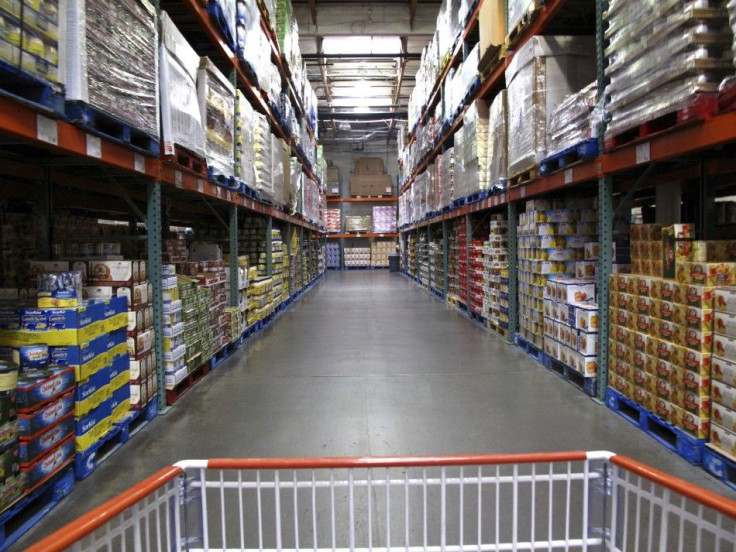US Business Inventory Data Disappoint In March

U.S. business inventories rose in March at a slower pace than economists predicted, even as sales rallied, a datapoint that shows firms have not been as confident as economists and equity investors that the current economic recovery will proceed at a firm pace.
The divergence between growth in business inventories, which was up 0.3 percent, and sales, which was up 0.6 percent, meant the ratio of inventories-to-sales declined to 1.27. Such a lean inventory accumulation partly reflects smarter, more efficient logistics. But it also reflects companies' caution about whether or not consumers will demand their products in the near future.
The 0.3 percent inventory increase from February was less than the 0.4 percent figure economists interviewed by Dow Jones Newswires expected.
A deeper look into the data release showed few silver linings. On an unadjusted basis -- the government's adjustment discounted most of the month-to-month sales growth as a seasonal spike -- the inventories-to-sales ratio stood at 1.22. And even the adjusted numbers were not that cheery: most of the increase in inventories of retail stores was due to car and parts dealerships stocking up on 2012 models, a type of growth that might not be sustainable in the near future. Excluding the auto sector, retail inventories grew by only 0.1 percent.
U.S. equity markets fell in the minutes immediately after the data release but, paying more attention to developments in Europe and boosted by positive retail sales number from April, recovered in later-morning trading. The benchmark S&P 500 Index of U.S. stock markets recently traded up .30 percent to 1,342.32.
© Copyright IBTimes 2025. All rights reserved.





















